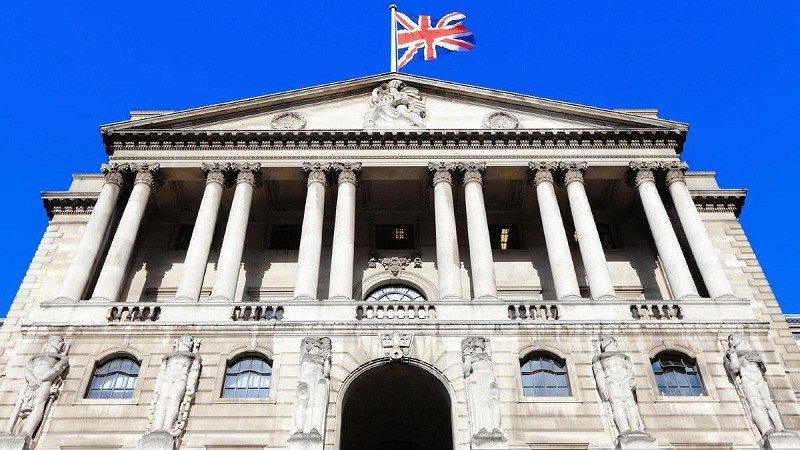
LONDON: The Bank of England (BoE) raised interest rates by 0.5 percentage points to 2.25 percent to combat strong inflation, which is now the highest level since 2008 and the seventh straight increase since December 2021. This is also the second consecutive 50-basis-point hike.
The central bank declared on Thursday that it would "take the procedures necessary" to bring inflation back to the 2 percent objective in the medium term.
The consumer price index (CPI) for the nation increased by 9.9 percent in the year ending in August, down from a 40-year high of 10.1 percent in July.
Also on Thursday, the BoE made the decision to cut the stock of UK government bonds purchased using reserves issued by the central bank by 80 billion pounds (USD 90 billion) over the course of the following year, bringing the total to 758 billion pounds.
The bank reported that its staff now anticipated a third-quarter reduction in the UK's gross domestic product (GDP) of 0.1 percent, down from August's forecast of 0.4 percent growth and the second consecutive quarterly decline.
Fears that the UK economy may shortly enter a recession were confirmed by it.
The BoE stated that energy bills will increase despite support measures announced by the UK government this month to limit energy prices. When combined with the indirect effects of higher energy costs, inflation is predicted to remain above 10 percent over the ensuing few months before beginning to decline.
The BoE predicts that the British economy would contract by 0.1 percent in the third quarter, as part, a result of the additional holiday observed for the Queen's burial. This, along with a decrease in output in the second quarter, satisfies the criteria for a technical recession.
UK reaffirms support for fresh round of oil and gas licencing
Bond yields spike as the US Fed raises rates
Pakistan's foreign exchange reserves are again declining